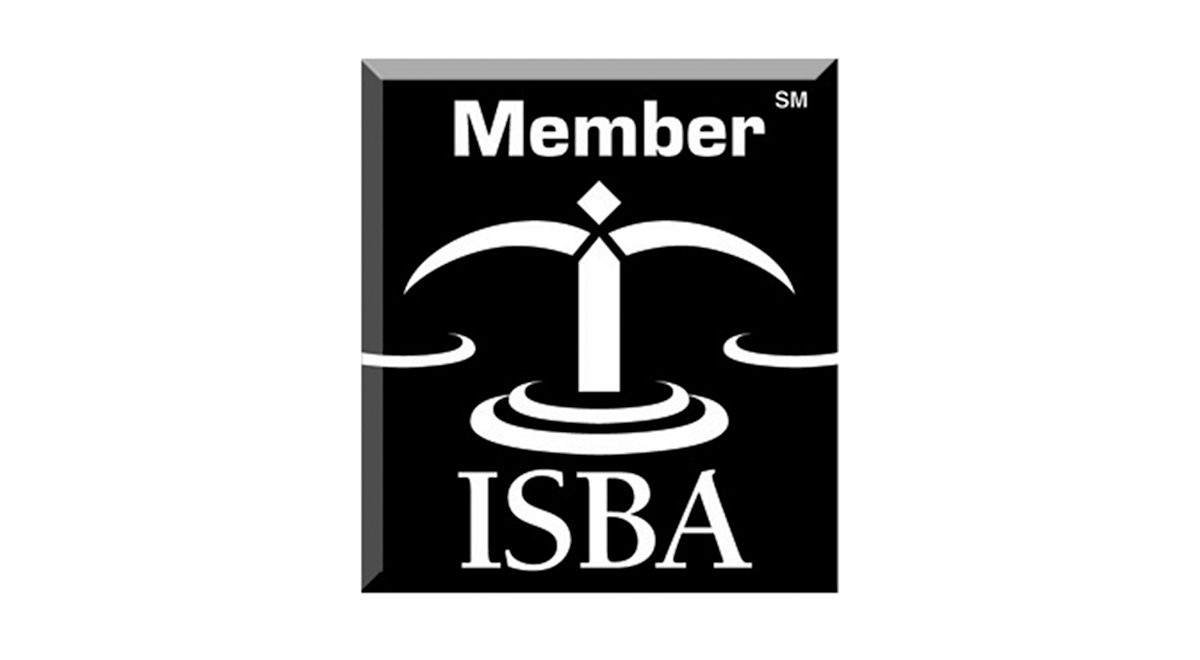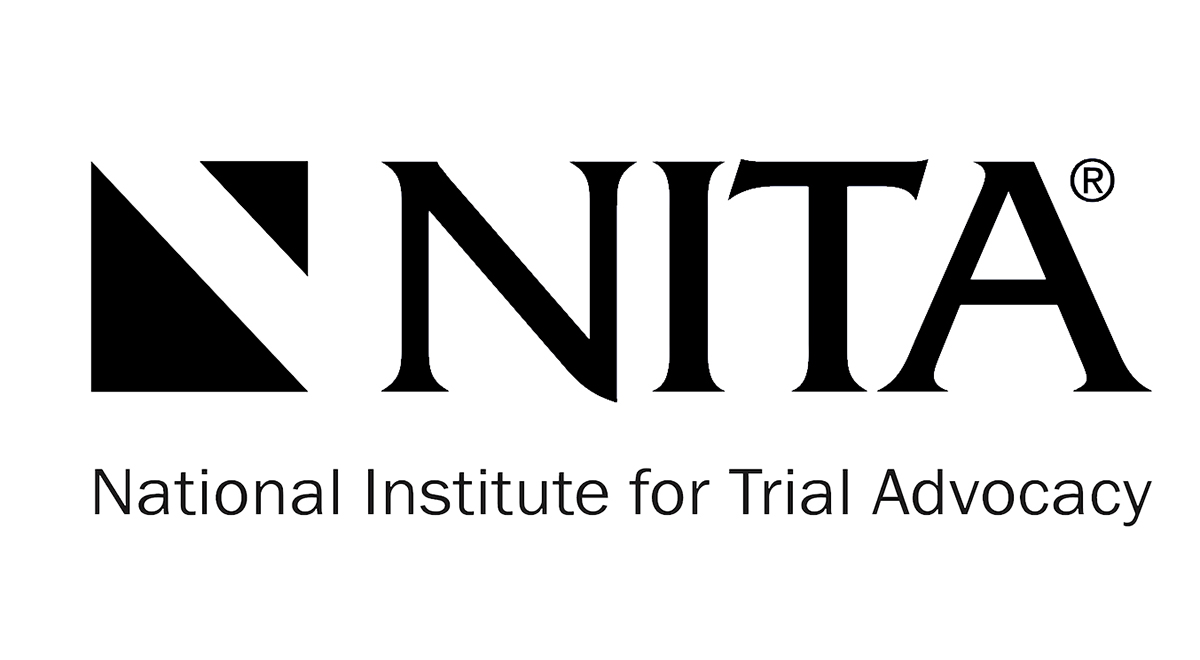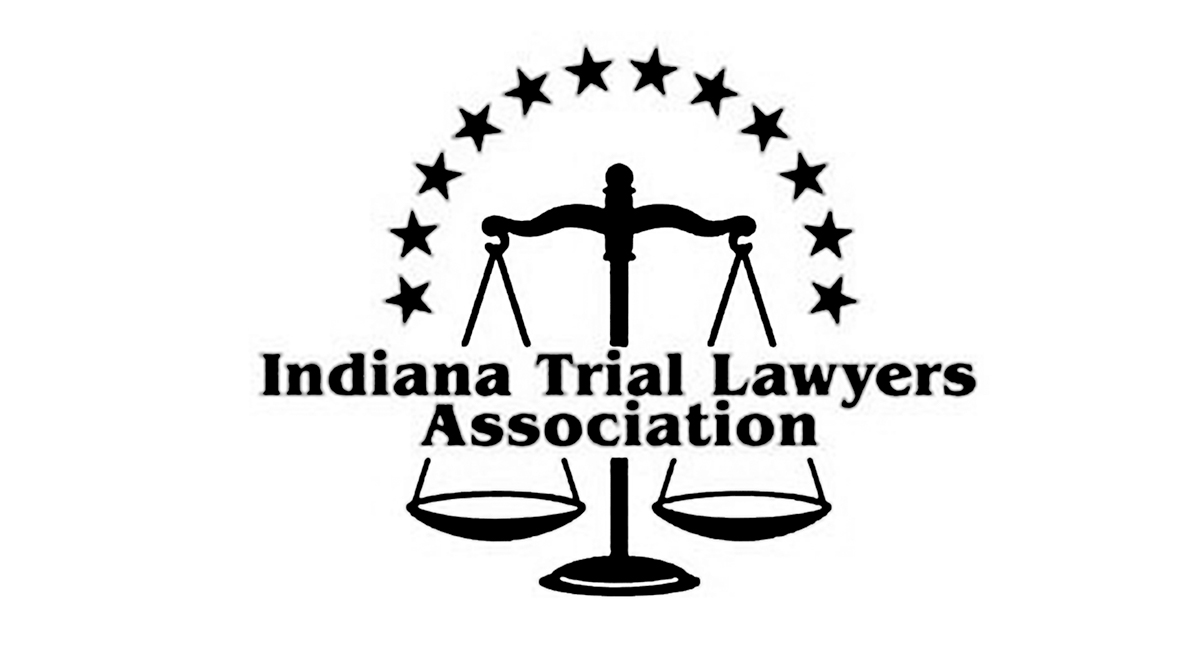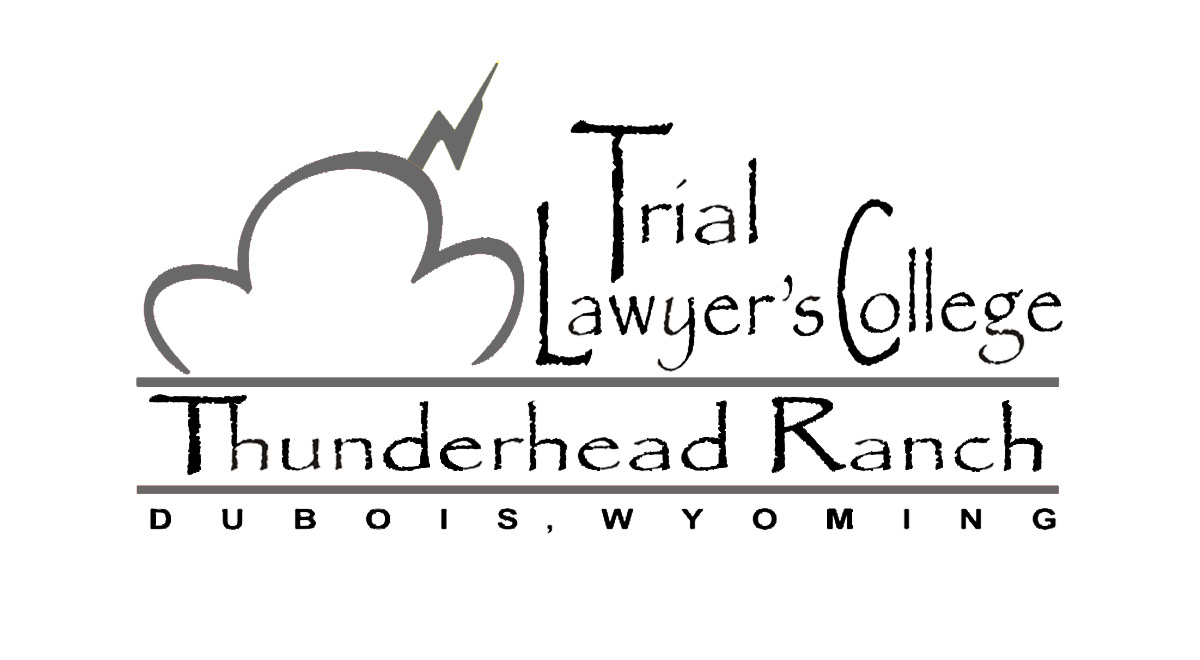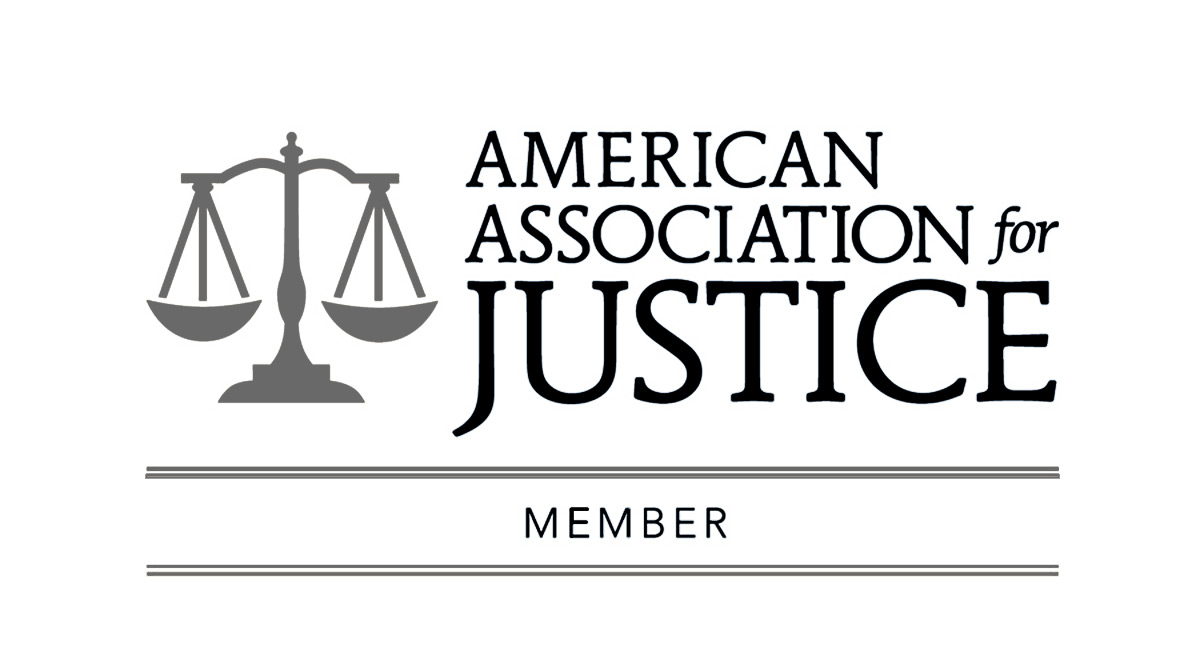September 01, 2023
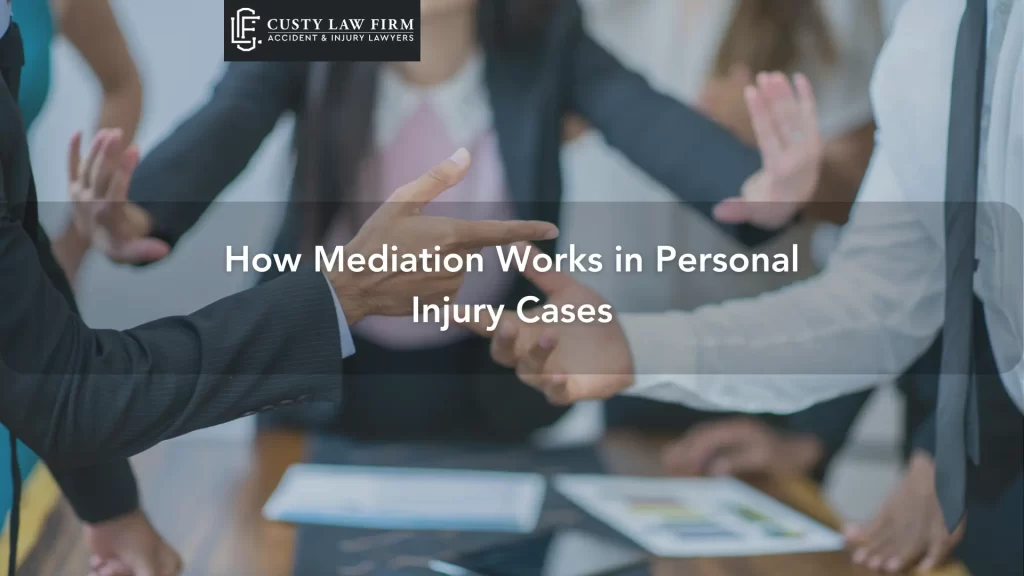
You’ve been hit by a car, injured after falling in a grocery store, or hurt by a malfunctioning consumer product. Whatever personal injury case you have, there’s a good chance that your Indiana personal injury lawyer will mention mediation. Mediation is when a neutral third party facilitates negotiations between the injured and at-fault parties. Mediation is a tool to help the parties arrive at a compromise that both parties can accept.
Mediation is common after an injured person files a personal injury lawsuit. It can help you avoid a trial. The process can be a little overwhelming, especially if it’s your first encounter with the civil court system. Here’s how mediation works.
Why Consider Mediation After an Injury?
Mediation is a form of Alternative Dispute Resolution (ADR). It’s led by a professional mediator, a neutral third party acting as a liaison between the injured and liable parties. Mediators are required to be attorneys and may be judges, so they know the law. They can help each party understand the other’s perspective or help reveal where they may find a compromise.
One of the main benefits of mediation is avoiding a court trial. A trial can be costly, complicated, and stressful for an injured person. Trials can last several days. The preparation for the trial can take months of tedious investigation and witness deposition. Mediation, on the other hand, could be concluded within the day.
When you negotiate in mediation, you have control over the process. You can say yes or no to any other party’s proposition or offer a creative alternative. Mediation gives each side a chance for more flexible solutions to the case. In a trial, the decisions are up to the judge or jury.
A final benefit to mediation is that what happens during mediation can stay private. Parties to mediation must sign a confidentiality agreement so everything that occurs in mediation remains confidential. If you go to trial, everything said or presented as evidence is public record. In mediation, the details of the suit and your injuries are not made public so you can preserve your privacy.
The Role of Your Personal Injury Lawyer in Mediation
An important role of a personal injury lawyer is to help you understand what to expect in mediation. Before mediation, they should prepare you for the process, explaining roughly what will happen, who will say what, and when you can ask questions. You can look at your settlement offer and determine where you can compromise and where you wish to hold firm.
For example, you might accept less money for pain and suffering to achieve full payment for your lost earning potential. Or you could accept less in compensation for your intangible losses if the at-fault party pays the settlement in a lump sum. You have plenty of options.
You don’t have to be the one talking to the other side, either. If you’re unsure how to present what you want, your Indiana personal injury attorney can speak on your behalf. Your attorney represents your interests alone and ensures you can get a positive outcome. In mediation, your lawyer may learn more about what aspects of the case the other party is willing to compromise on. This can help you make the right decisions for yourself.
Your lawyer can evaluate the strength of your case. They may advise you whether an offer made by the defense is a good one or not. Not every personal injury case is a slam dunk. If your case has weak or little evidence, your lawyer may advise you that a settlement offer you receive could be a better outcome than you’d get in court.
What to Expect During the Mediation Process
 First, it’s critical to understand the role of a mediator. They are a neutral party trained to help opposing sides find a resolution. They cannot show bias or favor one side over another. You and the other party must agree on the selected mediator. One side may propose an individual, while the other investigates their credentials. Both sides must find the mediator credible.
First, it’s critical to understand the role of a mediator. They are a neutral party trained to help opposing sides find a resolution. They cannot show bias or favor one side over another. You and the other party must agree on the selected mediator. One side may propose an individual, while the other investigates their credentials. Both sides must find the mediator credible.
Mediation can be voluntary, or your judge may order mediation before a trial.
Mediation isn’t legally binding. However, a legally binding contract is made once both sides have signed a settlement agreement. The contract will be presented to the judge for approval. The judge may approve it or direct corrections to be made.
Mediation sessions generally begin with all the parties in one room. After opening statements, the mediator may direct each party to a separate room, with the mediator going back and forth between the parties. Alternatively, mediation may happen remotely, with each party and the mediator communicating in a video or conference call.
You may also opt to have the mediation be a joint discussion with all parties together. Before mediation, all parties must sign a confidentiality agreement acknowledging that what is said in mediation cannot be used during the trial (if no agreement is made). This offers each party a chance to speak a little more freely. The discussion may be more open because of the confidentiality agreement, touching on topics they may not have otherwise brought up.
Just because you have the option for more open communication doesn’t mean you must answer every question the other side asks. Your attorney can guide you about what to say and when to keep silent.
Key Takeaways for Injured Individuals
Mediation is a viable alternative to a civil trial. You may feel more comfortable in the less formal setting of a mediation session. With your lawyer’s support, you may have more control over the process and input into the final settlement.
However, if the other party proposes mediation and you don’t have an Indiana personal injury attorney, it’s important to seek legal guidance before agreeing to mediation. We can help. Contact Custy Law Firm | Accident & Injury Lawyers today at (219) 286-7361 for a free consultation with an experienced Indiana personal injury attorney.
Related posts
How Will I Know If I Have a Personal Injury Claim?
Why Posting on Social Media After an Accident Can Hurt Your Case

